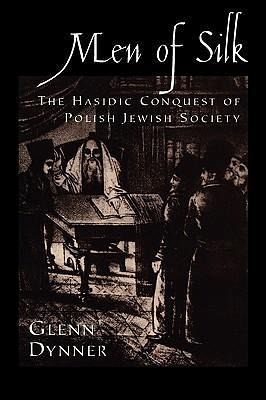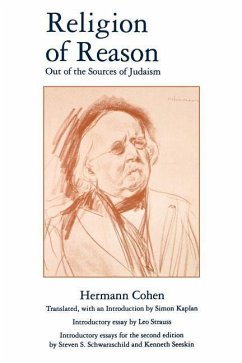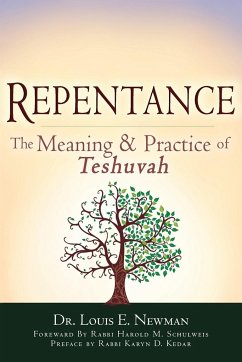
Men of Silk
The Hasidic Conquest of Polish Jewish Society
Versandkostenfrei!
Versandfertig in 1-2 Wochen
64,99 €
inkl. MwSt.
Weitere Ausgaben:

PAYBACK Punkte
32 °P sammeln!
Hasidism, a kabbalah-inspired movement founded by Israel Ba'al Shem Tov (c1700-1760), transformed Jewish communities across Eastern and East Central Europe. In Men of Silk, Glenn Dynner draws upon newly discovered Polish archival material and neglected Hebrew testimonies to illuminate Hasidism's dramatic ascendancy in the region of Central Poland during the early nineteenth century. Dynner presents Hasidism as a socioreligious phenomenon that was shaped in crucial ways by its Polish context. His social historical analysis dispels prevailing romantic notions about Hasidism. Despite their folksy...
Hasidism, a kabbalah-inspired movement founded by Israel Ba'al Shem Tov (c1700-1760), transformed Jewish communities across Eastern and East Central Europe. In Men of Silk, Glenn Dynner draws upon newly discovered Polish archival material and neglected Hebrew testimonies to illuminate Hasidism's dramatic ascendancy in the region of Central Poland during the early nineteenth century. Dynner presents Hasidism as a socioreligious phenomenon that was shaped in crucial ways by its Polish context. His social historical analysis dispels prevailing romantic notions about Hasidism. Despite their folksy image, the movement's charismatic leaders are revealed as astute populists who proved remarkably adept at securing elite patronage, neutralizing powerful opponents, and methodically co-opting Jewish institutions. The book also reveals the full spectrum of Hasidic devotees, from humble shtetl dwellers to influential Warsaw entrepreneurs.













